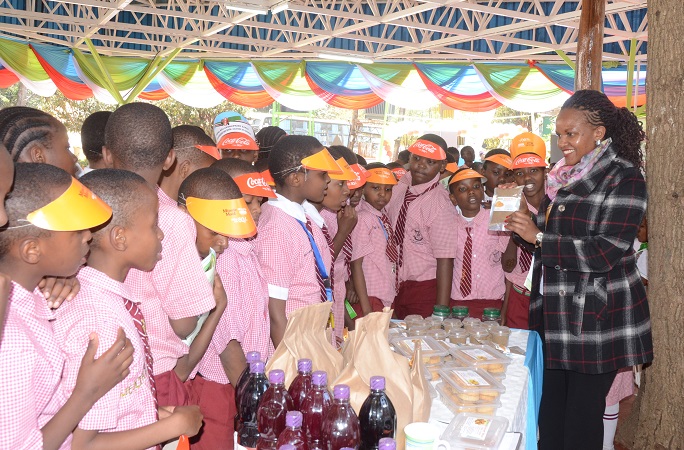A research by a Jomo Kenyatta University of Agriculture and Technology (JKUAT) student has discovered that some insects are rich in nutritional value and recommends uptake of these tiny creatures.
Studies undertaken in Uasin Gishu by Caroline Koech found that crickets and other edible insects commonly found in various parts of the country contained a higher nutritional value than maize, millet, milk and fish. The research findings indicated that crickets were 67 per cent rich in proteins compared to fish which has 37 per cent.
However, to most people, entomophagy (eating of insects) remains taboo. To tackle that perception, Koech, a student of Food Science and Technology, carried out her study on the efficacy of cricket based food on nutritional status of pre-school children in the county.
RELATED: Crickets earning farmers millions of shillings
The researcher provided over 120 nursery pupils with three kinds of porridge meals: millet and maize, millet, maize and milk and millet, maize and cricket.
Those who took the millet and maize and cricket flour porridge turned out healthier than the rest. “Crickets have been incorporated in cakes and biscuits, and adding to porridge seemed a noble idea to tackle the issue of malnutrition in children,” said Koech.
Koech, a PhD candidate, was among those who presented their innovations at the ongoing Nairobi International Trade Fair show.

JKUAT has come up with various inventions on food. The institution has for the past three years focused on the potential of edible insect species to address the global challenge on food security and nutrition.
Speaking to Kenya News Agency Thursday, Dr John Kinyuru, Koech’s supervisor, said that the next step was to train the local community on crickets’ farming for value addition.
“Cricket rearing will be vital towards reduction in food insecurity in the country as a whole,” said Kinyuru.
READ: Often ignored vegetable that protects your body from many diseases
Joyce Nduta, a specialist in entomophagy said that crickets were first dried then taken for processing after which they were made into different foodstuffs like porridge flour, cookies and granular bars among others. “The cricket meal is good for lactating mothers and children for they need much proteins and iron in their bodies,” said Nduta.













Leave a comment